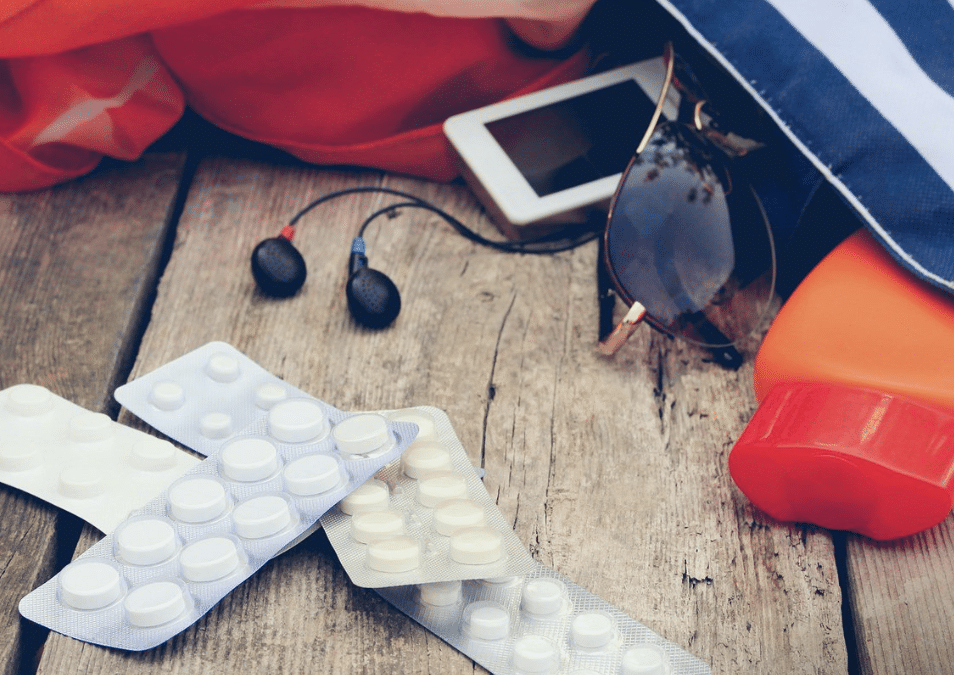Some like it hot! But medications and heat don’t mix. Read on for summertime medication tips.
Precautions and Tips for Insulin Users
-
Skin warmed by the sun has increased blood circulation, which can accelerate the absorption of insulin. This increases the risk of hypoglycemia if an injection site is exposed to the sun. To prevent this, choose an injection site not exposed to the sun and measure your blood glucose more often.
-
Extreme heat can decrease the effectiveness of your insulin. If you are outdoors or out on a long, hot day, use a cooler bag, thermos or insulin cooling sleeve to protect your insulin from the heat.
Dehydration Precautions
-
Drink enough water to stay hydrated, especially if exerting yourself or staying out for longer periods than you are used to.
-
If you become dehydrated refer to the Diabetes Canada guidelines as you might need to hold off on taking some medications until you are no longer dehydrated. Ask your pharmacist to identify which medications to stop taking temporarily.
Medications and Sun Sensitivity
-
Certain diabetes medications, such as Sulfonylureas for type 2 diabetes (glipizide, glyburide), can make you more sensitive to the sun. This can result in sun burns and increase your risk of skin cancer.
-
Some medications for high blood pressure, high cholesterol or heart conditions may also make you more sensitive to the sun. Ask you pharmacist whether any medications you take can cause this.
-
Use sunscreen of at least 30 SPF and don’t forget about your lips and more sensitive skin areas (nose, ears, back of neck, scalp).
-
Avoid direct sun exposure, especially during the higher UV times of day between 10am to 3pm.
What to know more?
July 24 is International Self-Care Day! Take a self-care step by asking your CDE pharmacist to assess your medications for interactions and potential problems from sun and heat, or other prescription and non-prescription products. We want you to get the most benefit from your medications, while avoiding potential side effects and complications!

